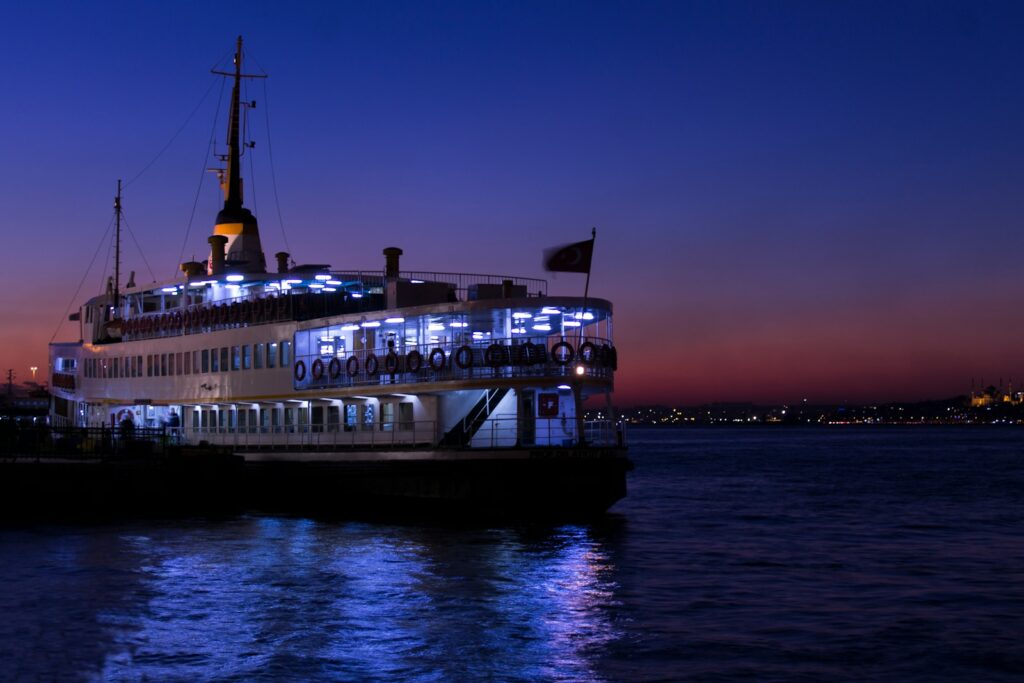Traveling alone offers incredible freedom—you set the pace, choose the destinations, and make every decision yourself. But solo adventures also come with unique challenges, especially when it comes to safety. Whether you’re exploring a new city or trekking through the wilderness, these ten tips will help you stay secure while enjoying the journey.
Share Your Itinerary With Someone You Trust
According to The Travel Psychologist, solo travel has psychological benefits like increased self-trust, confidence, and mental resilience. But ensuring safety should be a priority.
Before leaving, give a family member or close friend a copy of your itinerary. Include flight numbers, hotel addresses, and key contact information. Even if your plans change, keeping someone updated ensures that someone is always aware of your location.
For more ideas on stress-free journeys, see Travel Planning for Introverts: How to Avoid Burnout on Trips.
Stay Aware of Your Surroundings
It’s easy to get distracted when sightseeing, but staying alert is essential. Keep your phone use to a minimum in unfamiliar neighborhoods, and avoid looking lost. Confidence often deters potential scammers or pickpockets.
Pay attention to details, such as who is walking behind you, whether someone seems to be following, or if a situation suddenly feels unusual. Staying present and observant helps you act quickly if needed.
Research Destinations in Advance
Learn about the local culture, neighborhoods, and transportation options before your arrival. Knowing which areas to avoid and how to get around safely will give you more confidence and help prevent risky situations.
Apps and websites that track local crime statistics can also give you an accurate idea of where risks are higher, so you can plan routes with peace of mind.
For helpful tools, check Best Travel Apps to Download Before Your Next Trip.
Keep Valuables Secure
Use anti-theft bags or money belts to protect essentials like passports and credit cards. Avoid carrying large amounts of cash, and store backups such as photocopies of documents in a separate location.
Clothing with hidden zipper pockets is another excellent option for keeping cash and cards close without drawing attention.
Blend In With Locals
Standing out as a tourist can make you a target. Dress modestly, avoid flashy jewelry, and observe how locals behave. Minor adjustments can help you move more confidently and discreetly.
Trust Your Instincts
If something feels off, trust your gut and leave the situation. Solo travelers have the advantage of not needing to consult companions; listen to your instincts and prioritize your own well-being.
Use Transportation Wisely
Stick to licensed taxis, reputable ride-hailing apps, or public transportation you’ve researched ahead of time. Avoid unmarked vehicles or overly pushy drivers, especially late at night.
Stay Connected Online
Keep your phone charged and use location-sharing features, such as Google Maps or WhatsApp Live Location. This ensures that friends or family can track your whereabouts if needed.
Limit Alcohol Intake
Solo travelers need to be extra mindful of alcohol consumption. Drinking excessively in an unfamiliar setting can impair judgment and increase vulnerability. Enjoy responsibly and always be aware of your limits.
Book Accommodations With Safety in Mind
Select hotels or hostels with positive reviews that mention safety, good lighting, and secure locks. Accommodations in central, well-traveled areas are usually safer than those in remote or poorly lit neighborhoods.
For more ways to make safe, rewarding choices, see How Travel Shapes Personal Growth and Identity.
Key Takeaways
Solo travel is empowering, but safety must come first. Sharing your plans, staying alert, blending in, and using trusted transportation all reduce risks.
Remember that safety is about building habits: checking in regularly, keeping your valuables secure, and making wise choices each day. These small steps add up to immense peace of mind on the road.
With a few precautions, you can confidently enjoy the freedom of traveling solo.




